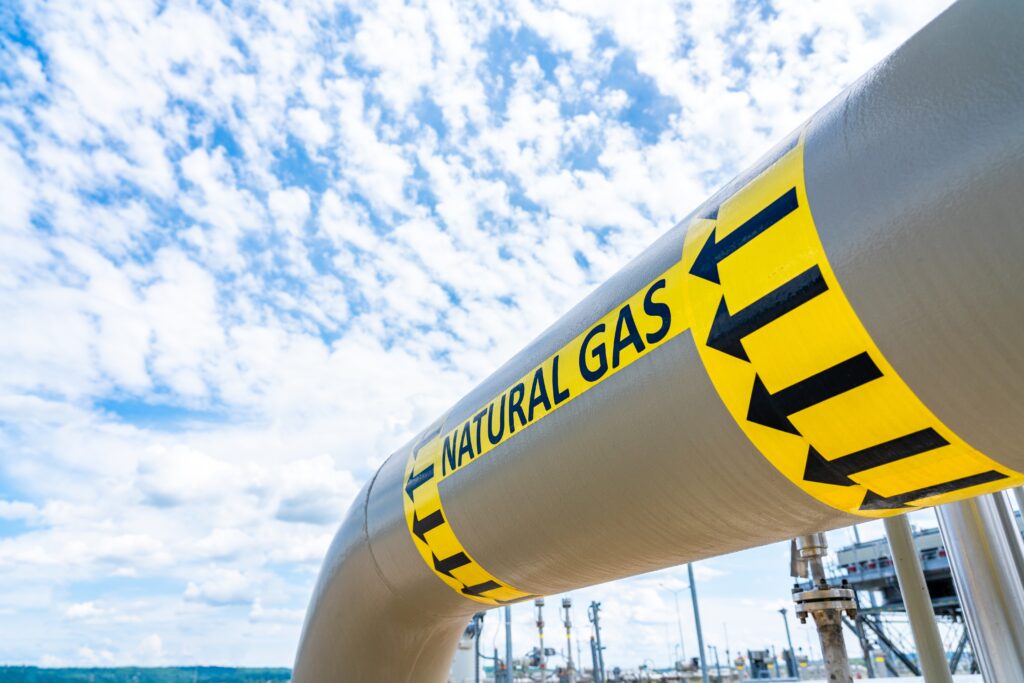The European Commission revealed a new strategy aimed at eliminating Russian energy imports by 2027. This move mandates all 27 EU member states to phase out Russian gas, oil, and nuclear materials. The strategy includes bans on new and short-term contracts by the end of 2025 and requires long-term agreements to end by late 2027. The EU’s broader efforts also include tighter regulations on the shadow fleet that transports Russian oil and halting all imports of Russian nuclear products.
EU’s Comprehensive Energy Plan to End Russian Imports
The European Commission’s announcement signals a significant shift in the EU’s energy policy, responding to the ongoing geopolitical tensions with Russia. As part of the strategy, each EU member state will be required to submit a national plan outlining how they will phase out Russian energy from their supply mix. The new framework includes measures to ensure that European nations will not return to Russian fuel, even in the event of a peace deal in the future.
EU Energy Commissioner Dan Jørgensen emphasized the importance of this move, saying, “Putin weaponizes gas. We must never allow such dependence again.” This initiative underscores the EU’s broader goal of achieving greater energy independence and reducing reliance on Russia for critical energy supplies.
Impact on Russian Energy Exports
The EU’s decision to cut ties with Russian energy comes as a blow to the country’s economy. In 2024, the EU was a significant buyer of Russian energy, purchasing 31.62 billion cubic meters of Russian pipeline gas and 20.05 billion cubic meters of LNG, accounting for 19% of its total energy consumption. The largest importers were France, Spain, and Belgium, which collectively accounted for nearly 90% of Russian LNG imports.
Most of these supply contracts are long-term agreements that extend into the 2040s. However, with the EU’s new strategy, companies are now able to invoke “force majeure” due to the political circumstances created by the war in Ukraine. While the EU’s legal services have assured companies that they can exit such contracts without significant legal repercussions, the decision still carries some risk. Arbitration claims related to contract terminations have already reached €18.5 billion.
Legal and Political Challenges
While the Commission’s new strategy is a strong step towards ending Russia’s energy dominance, it faces significant hurdles. Hungary and Slovakia, both of which rely heavily on Russian energy, have expressed strong opposition to a full embargo, citing potential economic risks. To overcome this opposition, the EU will use qualified majority voting to impose these bans, ensuring that unanimous consent is not required for the policy to pass.
The issue is further complicated by trade negotiations between the EU and the US. In an effort to reduce the EU’s trade imbalance, former President Donald Trump has proposed expanded American LNG sales to replace Russian gas. This is in line with the EU’s broader goal of diversifying its energy sources and ensuring alternative supplies.
Strategic Shift Amid Ukraine’s Gas Transit Halt
In the backdrop of these developments, Ukraine’s decision to halt Russian gas transit by the end of this year has added another layer of complexity. Ukrainian President Volodymyr Zelenskyy declared, “We won’t let them earn billions from our blood,” referencing Russia’s role in the conflict. The EU views Ukraine’s move as aligning with its strategy to end dependence on Russian energy, though it also intensifies the challenges faced by countries like Hungary and Slovakia.
The European Commission’s strategy to end Russian energy imports represents a crucial step towards securing the EU’s energy future. While the plan avoids formal sanctions, it offers legal pathways for companies to exit Russian contracts. Despite the inevitable legal challenges that may follow, analysts such as Elisabetta Cornago view this as a significant milestone, showing that Brussels is committed to ending its reliance on Russian fossil fuels.
As the EU moves forward with its plan, member states will need to adapt quickly to the changing landscape. With rising tensions and increasing legal battles, the next few years will be critical in shaping Europe’s energy future and its ability to sever ties with Russia once and for all.
